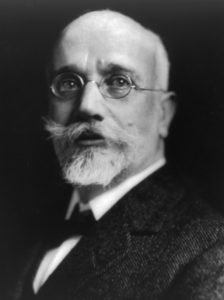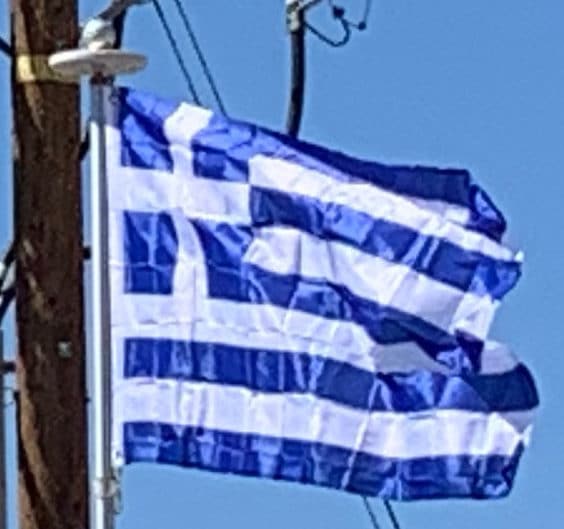All Greeks were united, however, in their determination to liberate the Hellenic lands under Ottoman rule. Especially in Crete, a prolonged revolt in 1866–1869 had raised nationalist fervor. When war broke out between Russia and the Ottomans in 1877, Greek popular sentiment rallied to Russia’s side, but Greece was too poor, and too concerned about British intervention, to officially enter the war. Nevertheless, in 1881, Thessaly and small parts of Epirus were ceded to Greece as part of the Treaty of Berlin, while frustrating Greek hopes of receiving Crete.
Greeks in Crete continued to stage regular revolts, and in 1897, the Greek government under Theodoros Deligiannis, bowing to popular pressure, declared war on the Ottomans. In the ensuing Greco-Turkish War of 1897, the badly trained and equipped Greek army was defeated by the Ottomans. Through the intervention of the Great Powers, however, Greece lost only a little territory along the border to Turkey, while Crete was established as an autonomous state under Prince George of Greece. With state coffers empty, fiscal policy came under International Financial Control. Alarmed by the abortive Ilinden uprising of the autonomist Internal Macedonian Revolutionary Organization (IMRO) in 1903, the Greek government, aiming to quell Komitadjis (IMRO bands) and detach the Slavophone peasants of the region from Bulgarian influence, sponsored a guerrilla campaign in Ottoman-ruled Macedonia, led by Greek officers and known as the Macedonian Struggle, which ended with the Young Turk Revolution in 1908.
Expansion, Disaster, and Reconstruction:
Amidst general dissatisfaction with the seeming inertia and unattainability of national aspirations under the premiership of the cautious reformist Theotokis, a group of military officers organised a coup in August 1909 and shortly thereafter called to Athens Cretan politician Eleftherios Venizelos, who conveyed a vision of national regeneration.

After winning two elections and becoming Prime Minister in 1910, Venizelos initiated wide-ranging fiscal, social, and constitutional reforms, reorganized the military, made Greece a member of the Balkan League, and led the country through the Balkan Wars. By 1913, Greece’s territory and population had almost doubled, annexing Crete, Epirus, and Macedonia. In the following years, the struggle between King Constantine I and charismatic Venizelos over the country’s foreign policy on the eve of First World War dominated the country’s political scene, and divided the country into two opposing groups. During parts of the WW1, Greece had two governments: A royalist pro-German one in Athens and a Venizelist pro-Entente one in Thessaloniki. The two governments were united in 1917, when Greece officially entered the war on the side of the Entente.
In the aftermath of World War I, Greece attempted further expansion into Asia Minor, a region with a large native Greek population at the time, but was defeated in the Greco-Turkish War of 1919–1922, contributing to a massive flight of Asia Minor Greeks. These events overlapped, with both happening during the Greek genocide (1914–1922), a period during which, according to various sources, Ottoman and Turkish officials contributed to the death of several hundred thousand Asia Minor Greeks, along with similar numbers of Assyrians and a rather larger number of Armenians. The resultant Greek exodus from Asia Minor was made permanent, and expanded, in an official Population exchange between Greece and Turkey. The exchange was part of the terms of the Treaty of Lausanne which ended the war.
